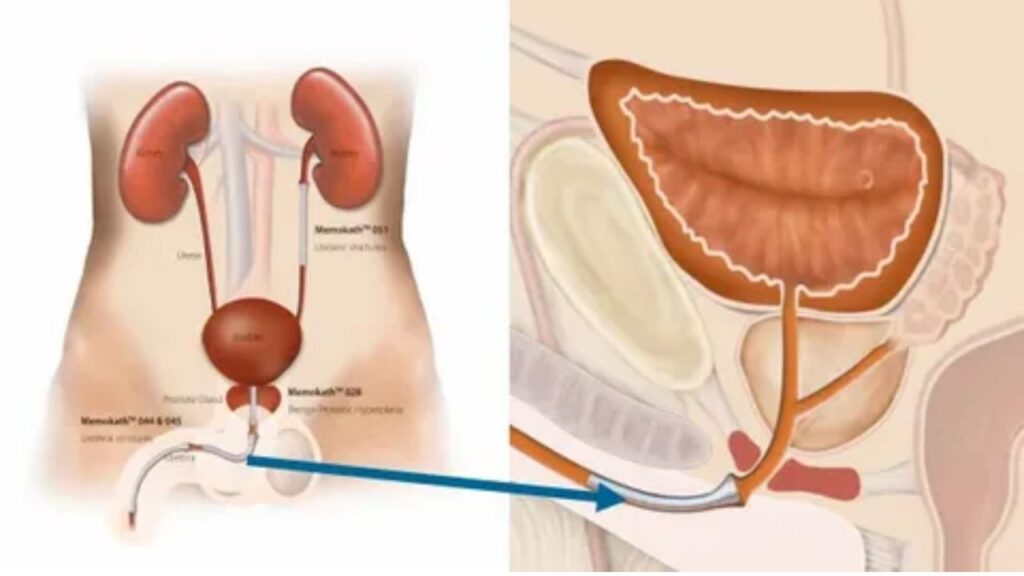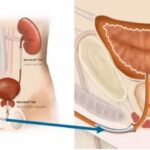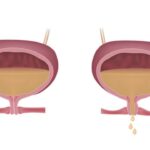
A urethral stricture is a medical condition that affects the urinary system, causing a narrowing of the urethra, which can lead to difficulty in urination and other complications. If left untreated, it may result in severe urinary retention, infections, or kidney damage. This article will help you understand the symptoms, causes, and available surgical solutions for urethral stricture. If you are looking for expert treatment, Dr. Rajesh Dhake, one of the best urologists in Pimple Saudagar and Pune, offers advanced urological services tailored to patient needs.
Understanding Urethral Stricture
The urethra is a passage through which urine flows from the bladder out of the body. The condition is called a urethral stricture when this tube becomes narrow due to scarring, inflammation, or injury. This can significantly affect the normal flow of urine and lead to discomfort and infections.
Common Causes of Urethral Stricture
Several factors can contribute to the development of urethral stricture, including:
- Infections – Sexually transmitted infections (STIs) or recurrent urinary tract infections (UTIs) can lead to inflammation and scarring.
- Trauma or Injury – Accidents, pelvic fractures, or past catheterization procedures can cause damage to the urethra.
- Medical Procedures – Previous surgeries involving the urethra, prostate, or bladder can lead to scarring.
- Congenital Abnormalities – Some people are born with a naturally narrow urethra.
- Inflammatory Conditions – Chronic inflammatory conditions affecting the urinary tract can also lead to strictures.
Symptoms of Urethral Stricture
Recognizing the symptoms of urethral stricture early can help in seeking timely medical intervention. Common symptoms include:
- Weak or slow urine stream
- Difficulty in urination or painful urination
- Frequent urge to urinate
- Incomplete bladder emptying
- Recurrent urinary tract infections (UTIs)
- Blood in urine (hematuria)
- Urinary retention (severe cases)
If you are experiencing any of these symptoms, it is important to consult a urologist. Dr. Rajesh Dhake, an expert in urological services in Pimple Saudagar and Pune, provides state-of-the-art diagnostic and treatment options for urethral strictures.
Diagnosis of Urethral Stricture
Diagnosing a urethral stricture involves several tests and evaluations, including:
- Physical Examination – A doctor may perform a basic examination to check for any signs of swelling or abnormalities.
- Urine Flow Test (Uroflowmetry) – This test measures the strength and speed of urine flow.
- Urethroscopy – A thin, flexible scope is inserted into the urethra to visualize the narrowing.
- Retrograde Urethrogram – A specialized X-ray test that uses contrast dye to outline the urethra and detect any strictures.
- Ultrasound – Helps in assessing any structural abnormalities or complications in the bladder and kidneys.
Surgical Treatment Options for Urethral Stricture
Depending on the severity and location of the stricture, different surgical treatments are available. Dr. Rajesh Dhake, one of the best urologists in Pune, specializes in minimally invasive and advanced surgical treatments to provide effective relief from urethral strictures.
1. Urethral Dilation
This procedure involves inserting a series of gradually increasing dilators to widen the urethral passage. However, this is often a temporary solution, and strictures may recur over time.
2. Optical Internal Urethrotomy (OIU)
A minimally invasive endoscopic procedure where a small incision is made in the stricture using a laser or cold knife to restore normal urine flow. This procedure has a high success rate for short strictures but may not be effective for longer or recurrent strictures.
3. Urethroplasty
A more definitive surgical approach that involves removing the scarred portion of the urethra and reconstructing it. This procedure has a high success rate and is recommended for complex or recurrent strictures.
4. Perineal Urethrostomy
In severe cases where the stricture cannot be repaired through conventional means, a new opening for urination is created in the perineum (area between the scrotum and anus). This is typically seen as a final option.
Post-Surgical Care and Recovery
After undergoing treatment for urethral stricture, proper post-operative care is crucial for ensuring a smooth recovery. Patients are usually advised to:
- Drink plenty of fluids to keep the urine flow normal.
- Refrain from engaging in intense physical activities for several weeks.
- Take prescribed antibiotics to prevent infections.
- Follow up regularly with their urologist to monitor progress and prevent recurrence.
Why Choose Dr. Rajesh Dhake for Urethral Stricture Treatment?
If you are searching for the best urologist in Pune or urological services in Pimple Saudagar and Pune, Dr. Rajesh Dhake is a highly experienced and trusted name in the field. He offers cutting-edge diagnostic and treatment options for urethral strictures, ensuring the best possible outcomes for his patients. His expertise in minimally invasive and reconstructive urology makes him one of the top choices for patients seeking urological care in Pune.
Summary
Urethral stricture is a serious condition that can impact quality of life if left untreated. Early diagnosis and treatment are key to preventing complications. If you or a loved one is experiencing symptoms of urethral stricture, seeking expert medical advice is crucial. Dr. Rajesh Dhake, one of the best urologists in Pimple Saudagar and Pune, provides world-class urological care with a patient-centric approach.




